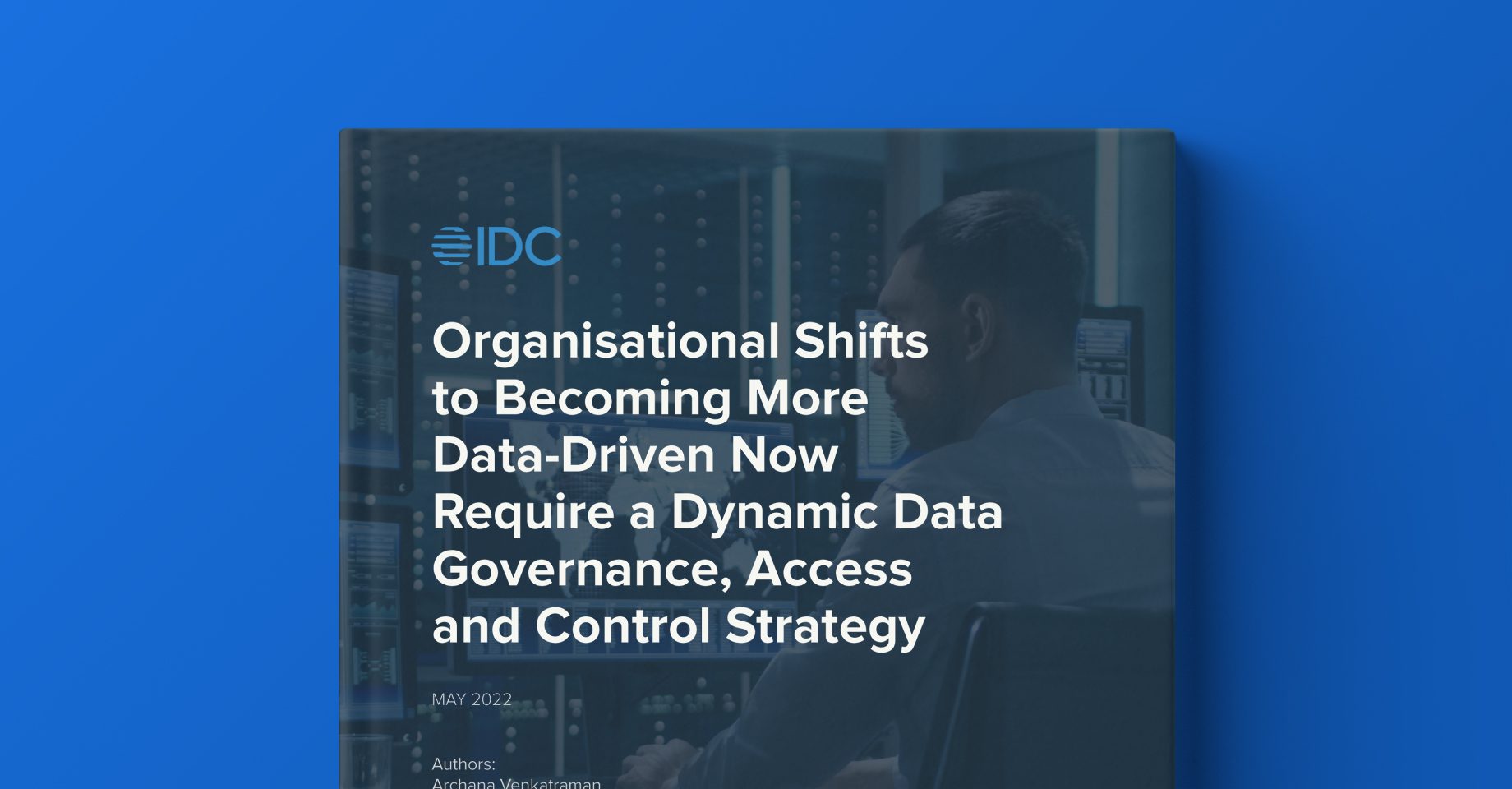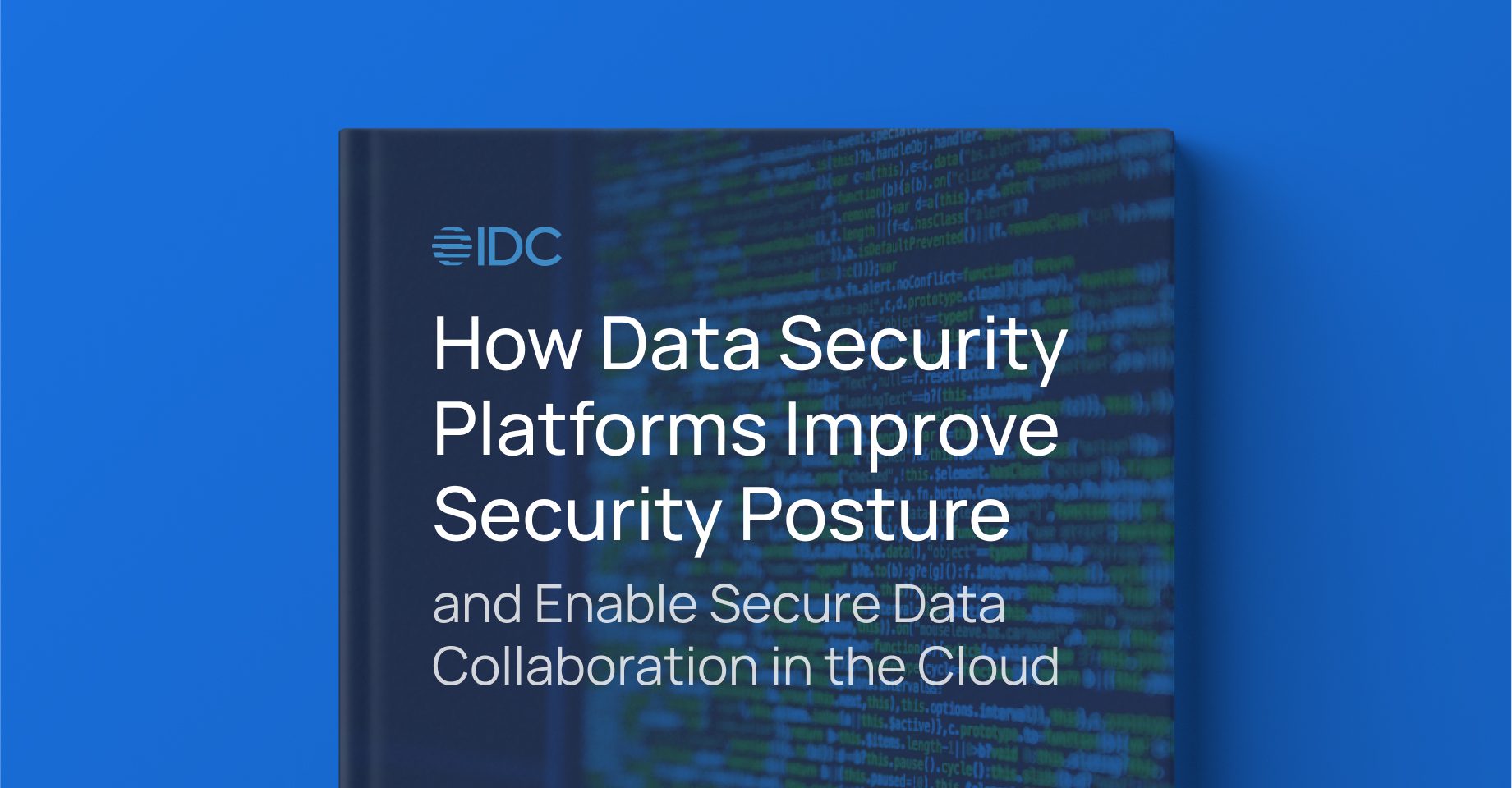
Nearly all European organisations consider a digital-first strategy crucial to achieving business results. Still, less than half are able to put these strategies into practice, and just 30% report widespread data use in decision-making.
Without a dynamic data governance strategy that can adapt to changing business environments, data and leadership teams alike will continue to struggle with how to use data to inform decision making. Having a systematic, widely adopted approach to data governance, security, and access control is the cornerstone upon which to build outcome-driven data initiatives.
IDC investigated the top reasons organisations are investing in data programs, the bottlenecks that inhibit them and the paradigm shifts that are ushering in a new era of data governance and management.
In this report, you’ll find out:
- The top 7 data objectives driving data investments and 5 key challenges that prevent them from being achieved
- Why traditional approaches to a data governance strategy and access management are limiting data-driven outcomes in today’s environment
- How to build a strong access control framework and what to look for when investing in a data management tool
- How next-gen data control planes can be an important competitive advantage for the new data paradigm


